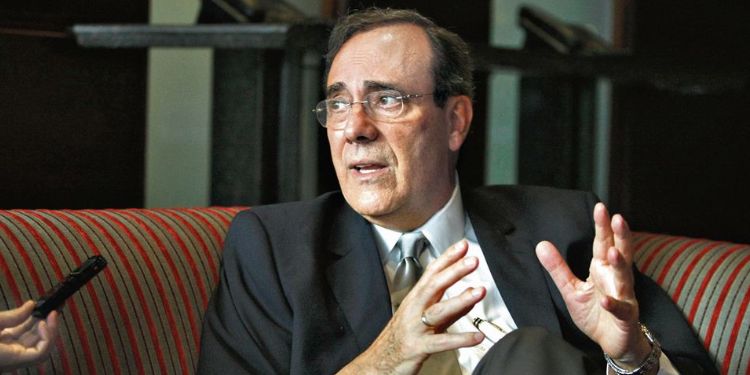With the modification of the Online Reporting System (SIREL) adopted by the Financial Information and Analysis Unit (UIAF), 23,000 companies must be stricter when reporting suspicious transactions and cannot be limited to transferring news findings to the entity or on restrictive lists such as the OFAC List (better known as the Clinton List) or those reported by the Comptroller and the Attorneyamong others.
(Observability, a solution that goes beyond business monitoring).
Companies may not limit themselves to sending information on findings in the press or on lists, but must enter this data as complementary to the Suspicious Operation Report specifying the identification of the respective supplier, client, employee or other third partythe operation or transaction in question, the category of crime to which it is associated and the evidence and characteristics of the operation object of the report.
With this, a bad practice is corrected in which some companies have reported these findings as suspicious operations without any connection with an operation or transaction and even without validating the content and the reality and credibility offered by the source that publishes it.
Compliance with this guideline allows more effective timely identification of Money Laundering, Terrorist Financing, Financing of Proliferation of Weapons of Mass Destruction (ML/TF/FPADM), or other similar practices.
(The new challenges of auditing in companies).
“The greater rigor that the new version of SIREL brings, reinforces the importance of the consultation processes in lists carried out by companies within the due diligence and makes the consultation platforms in lists that the market offers acquire relevance. It is not about hiring a third party that works as a search engine, because for this there are already alternatives on the internet. What it is about is simplifying the work of those responsible in companies, purging this false, erroneous or tendentious content, complementing the information and facilitating its consumption in the decision-making processes to determine whether or not there is a risk and facilitating its interpretation and application tied to the duty to report operations that are identified as suspicious within the entity”said Luis Ramiro Díaz Briceño, CEO of Risk Consulting Global Group – Inspektor.
The binding lists have a normative source that obliges to consult and apply the consequences established by the list. In general, for Colombia there are three binding lists: Security Council of the United Nations, Terrorists of the European Union and Terrorists of the United States. Depending on the sector or activity of the company, there may be more binding lists. For example, if it is a State entity, you must check background information, if you work with minors you must validate that the third party is not included in the list of sexual aggressors administered by the National Police.
The restrictive lists bring some restriction/prohibition as a result of being included in them, such as sanctions/tax records of the Comptroller General of the Republic, Disciplinary (Attorney General’s Office), Criminal, OFAC List (Clinton list) , European Union sanctions, among others. There is a category known as “inhibitory lists” which are those that do not bring a restriction but warn of a negative finding by a third party such as the most wanted by the DEA, the FBI or Interpol, or journalistic publications such as the Panama Papers, Pandora papers, Fincen Files, among others.
(Contracts for $21,000 million, under the magnifying glass).
“Due to the type of source or the origin of the information in the press” it is always suggested to validate that it is a reliable source and that it is recognized, the level of diffusion and impact of the content must be evaluated and that it is supported by a minimum investigation reasonable. This can be determined according to the author of the note, the medium and the section in which it appears (a paid article is not the same as a note prepared by the journalistic team of the medium), the sources it publishes, the way of writing and the more or less objective presentation of the facts and of course how it complements the suspicious operation that is the subject of the report”, points out Luis Ramiro Díaz Briceño.
It is also important to keep in mind that not all people who appear in press releases have facts that truthfully support the published information. Sometimes this means is even used to damage the reputation of third parties.
With the new rules imposed by the modification of the SIREL, Colombia not only joins international initiatives in the matter, but also adopts a broad normative and regulatory scheme that makes it a leader in the prevention and fight against these phenomena, with the greatest scope. of obligated subjects and simplifying their operation seeking the continuous improvement of the Anti-Money Laundering System in our country.
BRIEFCASE















